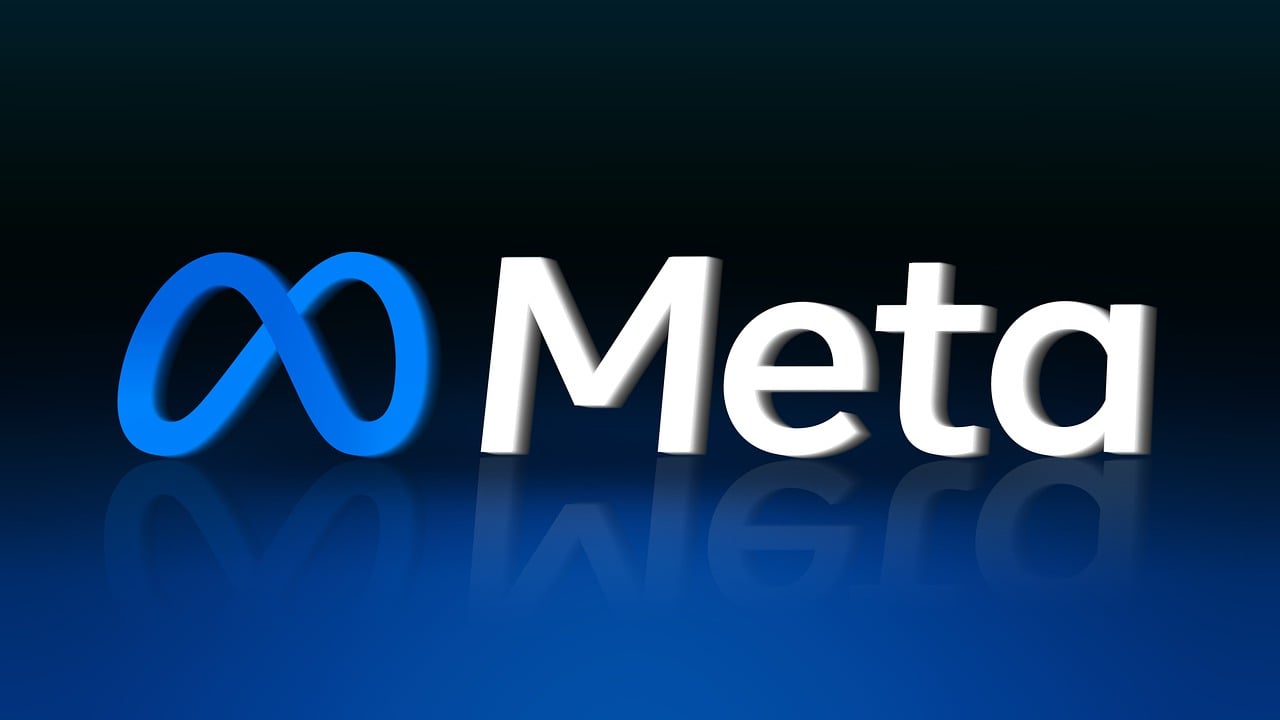
Meta Tests AI Chatbot on WhatsApp, Instagram: A Massive AI Push
Meta, the social media giant behind Facebook, Instagram and WhatsApp, is making a major push into the world of artificial intelligence (AI). The company has confirmed that it is currently testing its large language model-powered chatbot, called Meta AI, with users across several of its popular apps in India and parts of Africa.
This move signals Meta’s intention to leverage the massive user bases of platforms like WhatsApp and Instagram to rapidly scale and expose its AI offerings to a global audience. With over 500 million users in India alone, and a rapidly growing user base in Africa, Meta has a unique opportunity to introduce advanced AI capabilities to billions of people worldwide.
The decision to test Meta AI on messaging and social media apps comes as major tech companies like OpenAI, Google, and Microsoft have made significant strides in the development and deployment of generative AI models like ChatGPT. Meta, which had previously been more cautious in its approach to AI, now appears to be playing catch-up in this rapidly evolving field.
Meta AI is a general-purpose assistant designed to answer user queries directly within chat interfaces, as well as generate photorealistic images from text prompts. On Instagram, there are indications that the AI is also being utilized to enhance search functionality.
Yann LeCun, Meta’s chief AI scientist and a Turing Award winner, acknowledged that the company initially underestimated the public’s enthusiasm for AI chatbots. He stated that the success of ChatGPT caught many by surprise, including OpenAI itself, and that Meta had previously assumed that such AI assistants were “not particularly welcome” by users.
However, the overwhelming interest in ChatGPT has prompted Meta to accelerate its AI strategy. LeCun noted that the tech community has become “more open, and more comfortable with releasing models,” which aligns with Meta’s decision to integrate Meta AI into its widely used apps.
There are several potential reasons behind Meta’s AI push. First, user retention is critical, as users now expect and desire AI tools within their apps. If Meta fails to provide these capabilities, there’s a risk that users may migrate to other platforms.
Second, investor confidence is a factor, as tech investors want to see companies actively pursuing and developing next-generation computing technologies like AI.
Third, there’s an element of pride and competitiveness for Meta, which has been a trendsetter in areas like mobile apps, social media, and advertising over the past decade. With its wealth of talent, including luminaries like Yann LeCun, Meta is determined not to miss out on the AI revolution.
By integrating Meta AI into WhatsApp, Instagram, and Messenger, Meta can expose its advanced language model and image generation capabilities to billions of users worldwide, potentially dwarfing the reach of its competitors. Additionally, the company has announced plans to launch Llama 3, the next version of its open-source large language model, within the next month.







